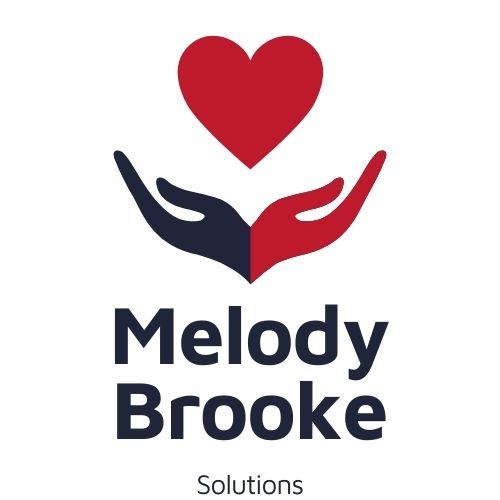Since the Supreme Court laid down the Dobbs decision, overthrowing the “decided precedent” of the Roe v. Wade decision that had stood as confirmed law for more than 40 years, many states have actively passed restrictive abortion measures. Those measures have already cost lives, pointless misery, and desperate attempts to manage unwanted or dangerous pregnancies without professional medical assistance. I read an article about the now infamous Jessica Duggar having had a miscarriage which resulted in what many states would have considered an illegal murder. The lifesaving procedure prevents hemorrhaging (uncontrolled bleeding).
No one can argue that Jessica wanted to abort that fetus. Clearly, she and her husband were devastated by the news, and experienced the loss personally, and painfully. Yet if she had lived in one of the 13 states where it is now illegal for her to have obtained that procedure, she would have risked the life of 19 children’s mother. Or, she would have risked the states legal system throwing her in jail, along with her care providers, and her husband, leaving her children alone with no biological parent to continue raising them.
I hear people argue all the time that there is no circumstance in which they would consider having to abort a fetus. They swear that they are followers of a just God, that everything happens for a reason and who are they to interfere with God’s plan?
Honestly, I do understand the sentiment, and the love that drives those statements. I get it, faithful, devoted people who love and only want the best for all of us find themselves adamantly standing on that soapbox. That is, until the situation threatens their life, or the life of a loved one. Many times the very people who are loudest anti abortion advocates, are themselves the first people to make the choice to make an exception for themselves or a loved one. Why is that? Because, in fact, they are loving, and do want the best for their families. The difficulty seems to be that they do not perceive others to be making the choice with the same concern, care, and weight they experienced with their choice.
In other words, because they feel certain of their own faith, their own devotion to the cause, and to their faith, they judge others to not possess the same level of concern, care and weight they do. As a result, they feel it goes against their understanding of truth to support those who do not believe as they do. While there is a cognitive dissonance involved in their acceptance of their own choice and rejection of others choices, it is a faithful, caring perspective.
It is also dangerous and short sighted. Without having the ability to choose for oneself the correct course of action in medical circumstances, individuals lose the ability to experience their authority over their own lives.
Ironically, this is something that was once considered an important part of being an American, of having protections within the Supreme Court to allow citizens to live freely in their pursuit of happiness. Our 14th amendment was put into place for this very reason, “The 14th Amendment ensures this through its multiple and interdependent guarantees of life, liberty, and equal protection—as does international human rights law.”
The argument that our founding fathers did not include abortion in their framing, is as ludicrous as staying that they also did not include women’s rights to vote and freedom from enslavement. These basic human rights, the very foundation of our nation, and the evolution of our human understanding of freedom, human potential and the pursuit of happiness are at core at risk with the overturning of Roe v. Wade.
First they came for the socialists, and I did not speak out—because I was not a socialist.
Then they came for the trade unionists, and I did not speak out—because I was not a trade unionist.
Then they came for the Jews, and I did not speak out—because I was not a Jew.
Then they came for me—and there was no one left to speak for me.
—Martin Niemöller

Recent Comments